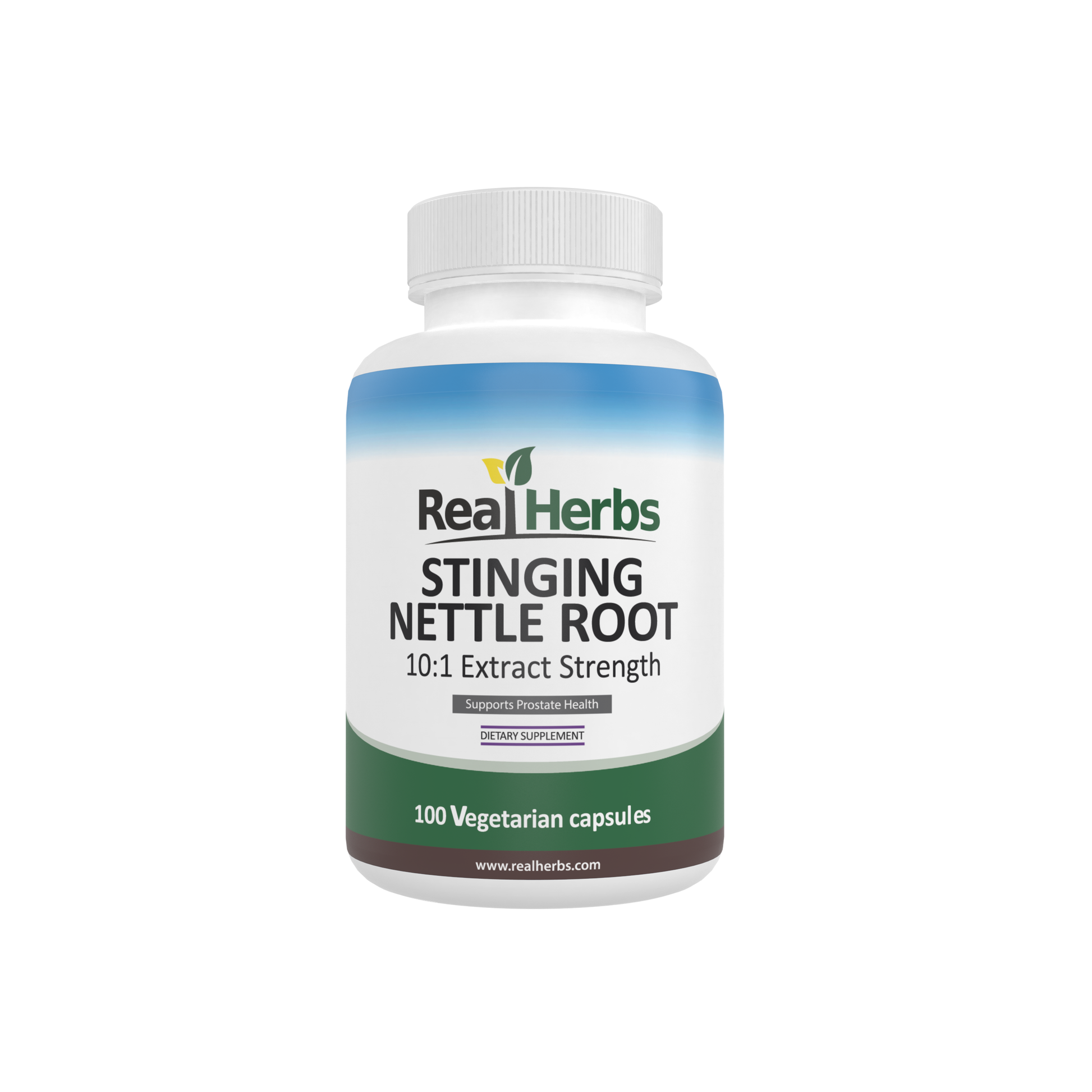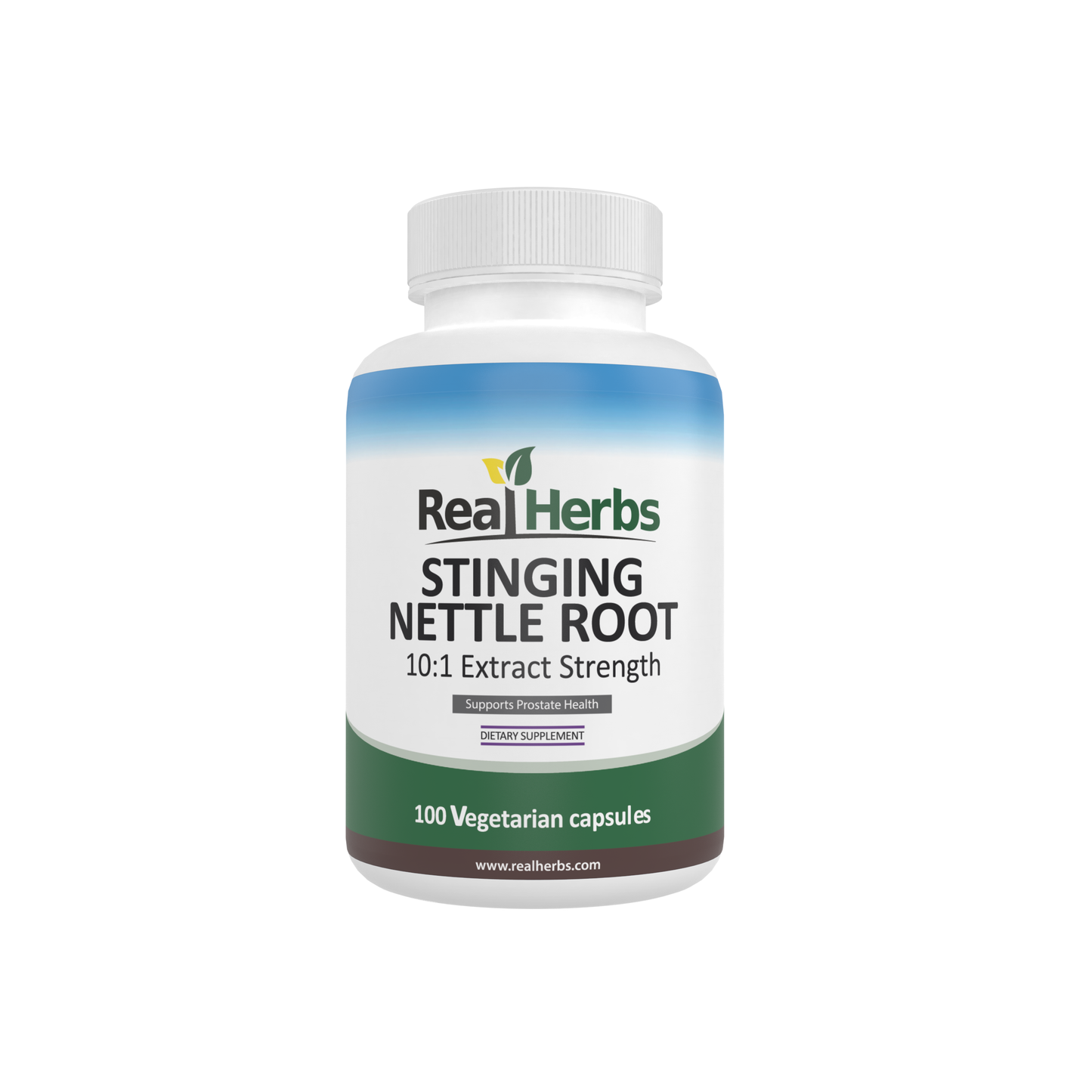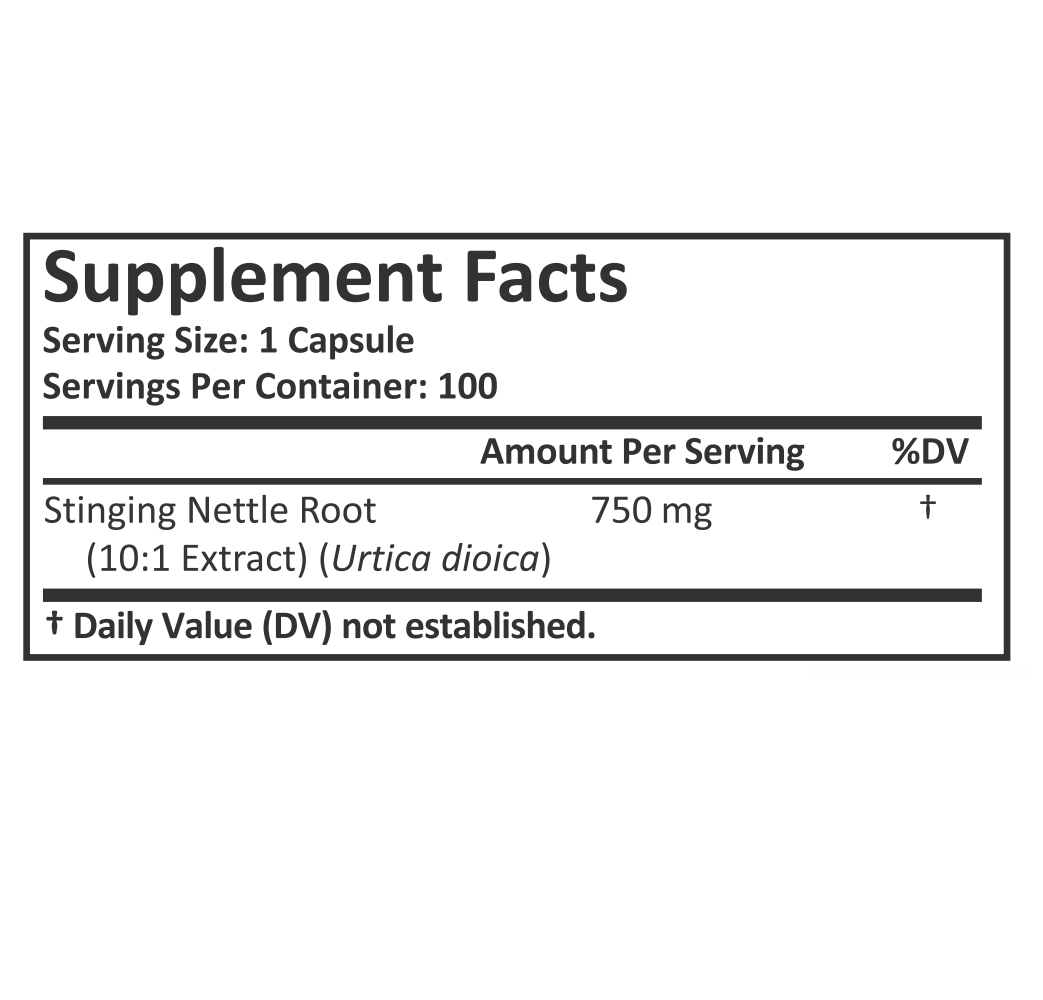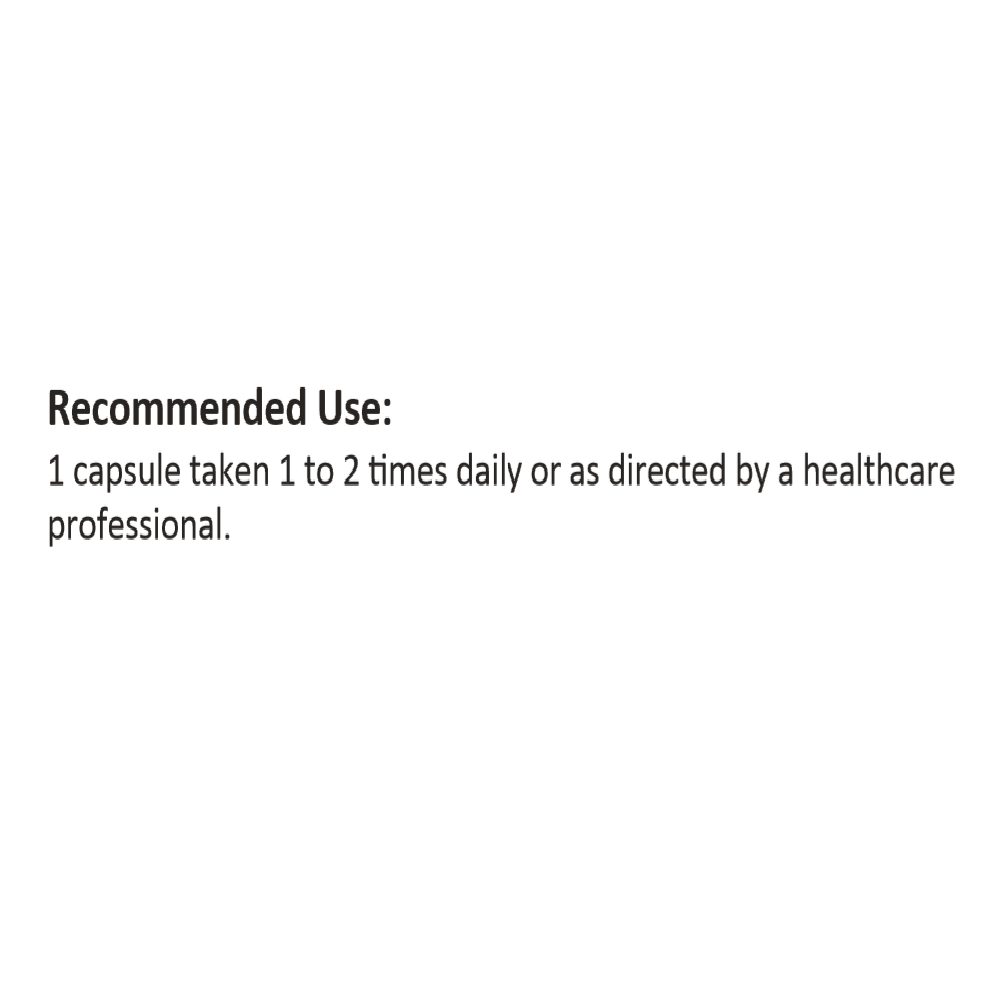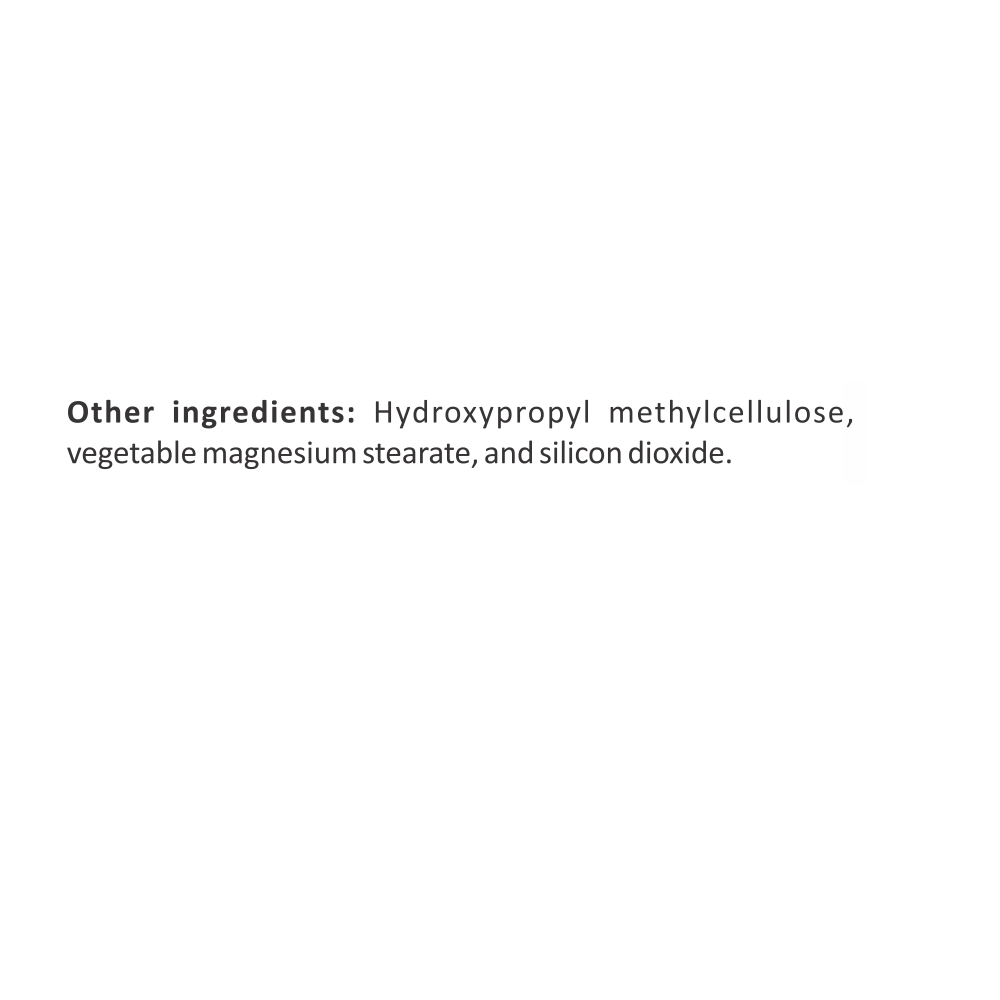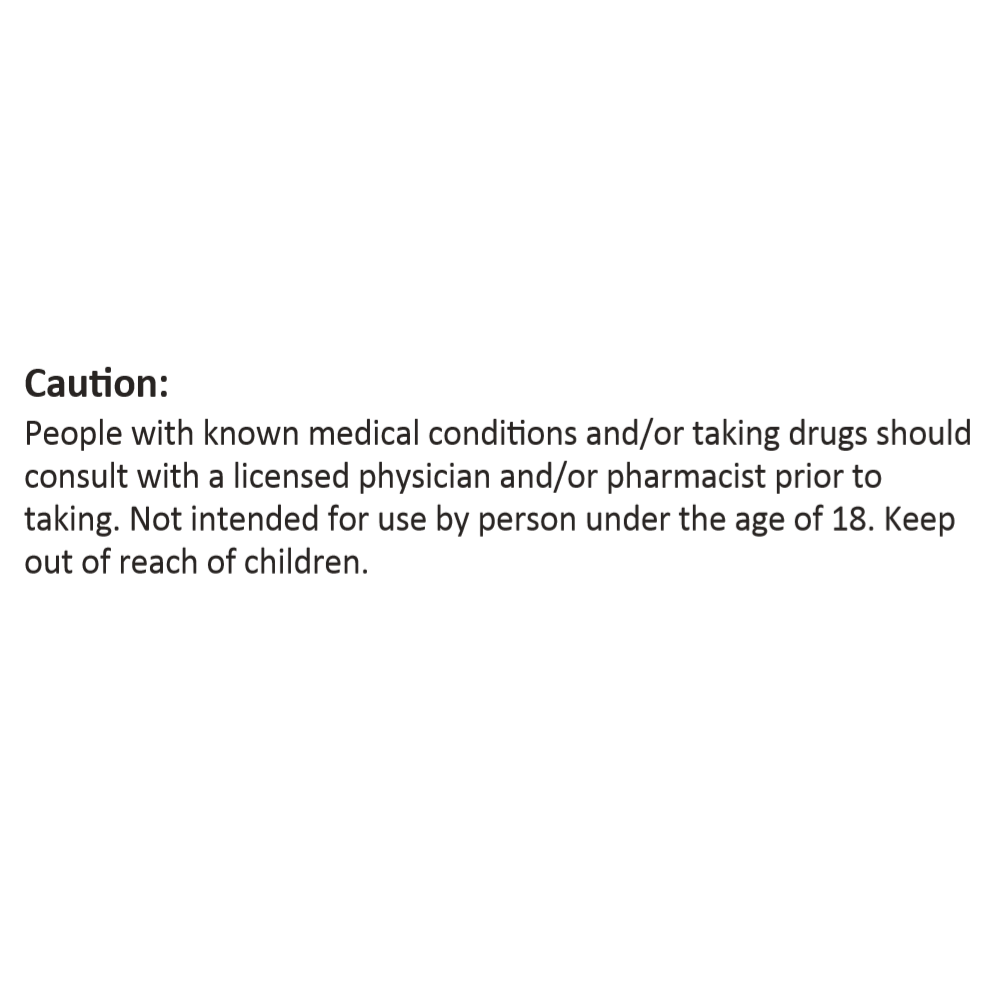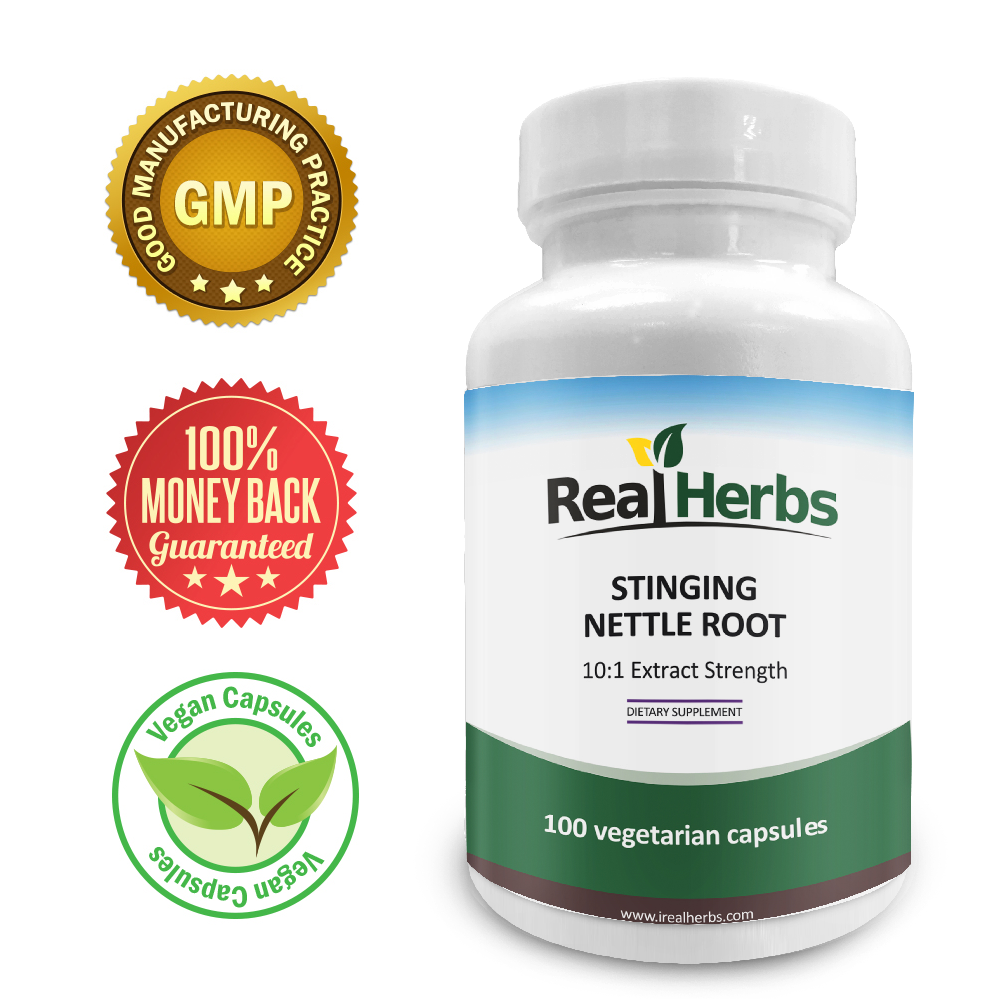Introduction:
In the quest for optimal health and vitality, many individuals are exploring natural solutions to support their well-being. One such avenue gaining attention is the use of stinging nettle root as a potential means of boosting testosterone levels. As traditional remedies find their place in modern health discussions, it becomes crucial to delve into the science behind these alternatives and understand their implications. In this article, we explore the intriguing relationship between stinging nettle root and testosterone and what you need to know before considering it as part of your health regimen.
Testosterone, often referred to as the "male hormone," plays a pivotal role in the overall health of both men and women. It is essential for muscle development, bone density, mood regulation, and the maintenance of reproductive tissues. Beyond its role in reproductive health, testosterone influences energy levels, cognitive function, and even cardiovascular health. Maintaining a balanced testosterone level is, therefore, integral to overall well-being.
As individuals seek natural alternatives to support hormonal balance, stinging nettle root has emerged as a topic of interest. Traditionally used in various cultures for its medicinal properties, this unassuming plant has sparked curiosity due to its potential impact on testosterone levels. Let's explore the science behind this herbal remedy and what research suggests about its effectiveness.
Stinging nettle (Urtica dioica) has a long history of medicinal use, with its roots, leaves, and stems being employed in traditional remedies. Among its various applications, the root has gained attention for its potential influence on hormone levels, particularly testosterone. While the exact mechanisms are still being explored, some studies suggest that stinging nettle root may interact with sex hormone-binding globulin (SHBG), a protein that binds to testosterone and regulates its availability in the body.
Research into the effects of stinging nettle root on testosterone levels has produced intriguing results. A study published in the "Journal of the International Society of Sports Nutrition" found that participants supplementing with stinging nettle root extract experienced an increase in free testosterone levels. However, it's crucial to note that more research is needed to establish the consistency and long-term effects of these findings.
Another study published in "Phytomedicine" explored the impact of stinging nettle root on benign prostatic hyperplasia (BPH), a condition linked to imbalances in testosterone. The study suggested that stinging nettle root extract could be beneficial in managing symptoms associated with BPH, providing further insight into its potential hormonal effects.
Stinging nettle root contains a variety of nutrients that may contribute to its potential health benefits. These include vitamins (such as A and K), minerals (including iron and magnesium), and bioactive compounds like beta-sitosterol. While the specific components responsible for its impact on testosterone are still under investigation, the nutritional profile of stinging nettle root underscores its potential as a valuable addition to a holistic approach to health.
The mechanisms through which stinging nettle root interacts with testosterone are not fully understood. Some researchers propose that the plant may inhibit the binding of testosterone to SHBG, thereby increasing the availability of free testosterone in the bloodstream. Additionally, stinging nettle root may exert anti-inflammatory effects, potentially influencing hormonal balance indirectly.
While stinging nettle root shows promise in positively influencing testosterone levels, it's essential to approach its use with caution. Potential benefits include enhanced libido, improved muscle mass, and increased energy levels. However, as with any supplement, there are potential risks and side effects, including gastrointestinal discomfort, allergic reactions, and interactions with medications. It's crucial to consult with a healthcare professional before incorporating stinging nettle root into your routine, especially if you have pre-existing health conditions or are taking medications.
Determining the appropriate dosage of stinging nettle root is crucial for its safe and effective use. Dosages can vary based on the form of the supplement (capsules, tinctures, or teas) and individual factors such as age, health status, and existing medications. It's advisable to start with the lowest recommended dose and gradually increase, closely monitoring how your body responds. Consulting with a healthcare professional before starting any supplementation is essential to ensure compatibility with your specific health needs.
While stinging nettle root may offer potential benefits for testosterone levels, it's important to recognize that no single supplement can replace a healthy lifestyle. Factors such as regular exercise, a balanced diet rich in essential nutrients, and sufficient sleep play integral roles in maintaining hormonal balance. Consider stinging nettle root as part of a holistic approach to health, complementing these lifestyle factors rather than serving as a standalone solution.
In conclusion, the connection between stinging nettle root and testosterone is a topic that continues to be explored within the realms of scientific research. While there is promising evidence suggesting its positive influence on testosterone levels, it's crucial to approach this supplement with informed caution. Before incorporating stinging nettle root into your health regimen, consult with a healthcare professional to ensure it aligns with your individual health needs and goals.

